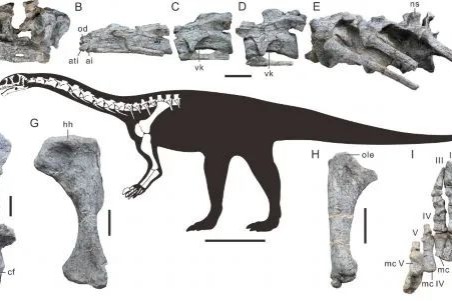Ship shortage affects export of EVs

China's hopes of expanding sales of its electric vehicles in Europe have been affected by an unlikely traffic jam, as manufacturers struggle to find adequate numbers of car-moving ships to transport the vehicles to market.
The Financial Times reports that during the pandemic, many older vessels were scrapped when the automotive industry was mothballed, but now, an unexpectedly sharp revival of the market, coupled with delays in the introduction of replacement shipping vessels, means transportation demand outstrips supply.
According to Forbes magazine, European manufacturers are around five years behind their China counterparts when it comes to making and selling EVs, with Chinese vehicles also enjoying a considerable price advantage in a market that is only going to get bigger in the coming years.
It quoted investment bank UBS as forecasting that sales of EVs in Europe will go from 2.5 million in 2024 to 3.6 million in 2025, then more than double to 9.6 million in 2030.
According to the paper, Europe is the region with the largest increase in car imports, up by around 40 percent in 2023.
China, Japan, and South Korea are among the biggest exporters. The China Association of Automobile Manufacturers said the nation exported 1.09 million new energy vehicles in the first 11 months of 2023, up 83.5 percent year-on-year.
But growth could be hamstrung by the limited capacity to shift the hardware, which has also resulted in a hike in shipping prices.
"The market's very tight," said Stephen Gordon, Clarksons Research's managing director. "Partly, lots of cars are being moved around … and there haven't been many new buildings (of ships) coming into the market."
The increased cost of shipping could also take the edge off Chinese manufacturers' competitive pricing, warned Matthias Schmidt of Schmidt Automotive Research.
"Due to the lack of supply, the price for chartering vessels has completely exploded, likely wiping out a larger part of the production savings made from manufacturing vehicles in lower-cost countries like China," he said.
The new year began with the announcement that Shenzhen-based EV giant BYD had, for the first time, surpassed Tesla in terms of sales, selling 526,000 fully-electric vehicles in the last three months of 2023, compared to Tesla's 484,000.
"Right now, Europe and the United States aren't even in the game when it comes to rare earths, battery cell manufacturing, rare-earth mining and refining," said Tu Le, managing director of consultancy Sino Auto Insights.






























